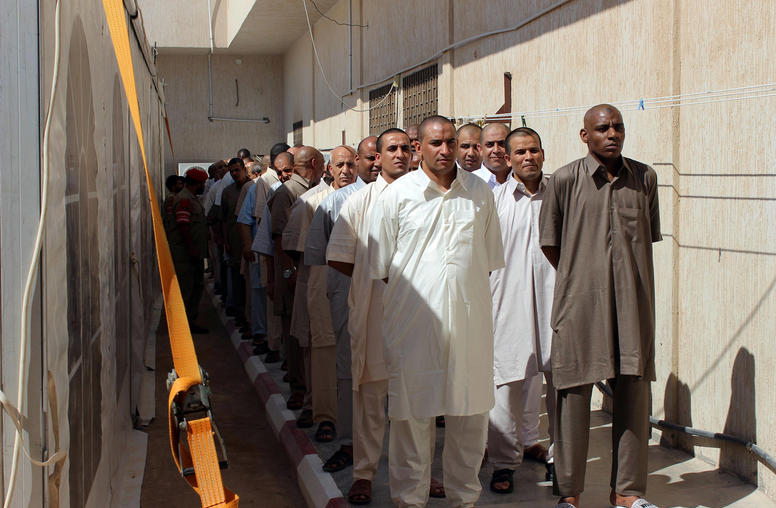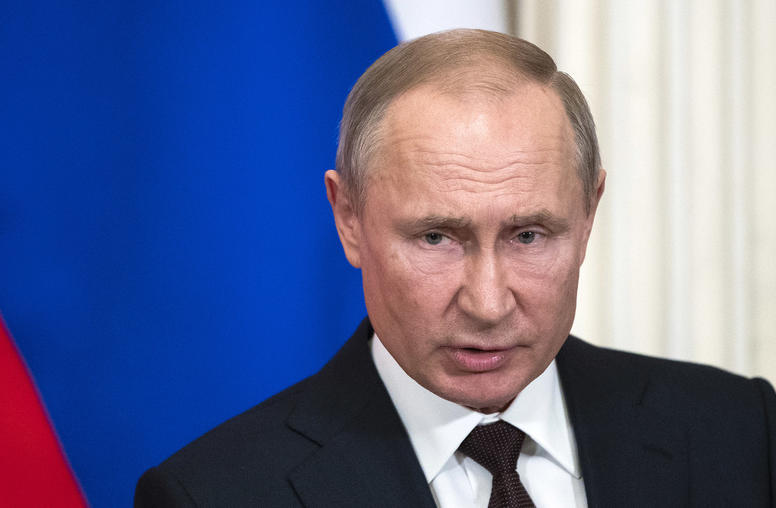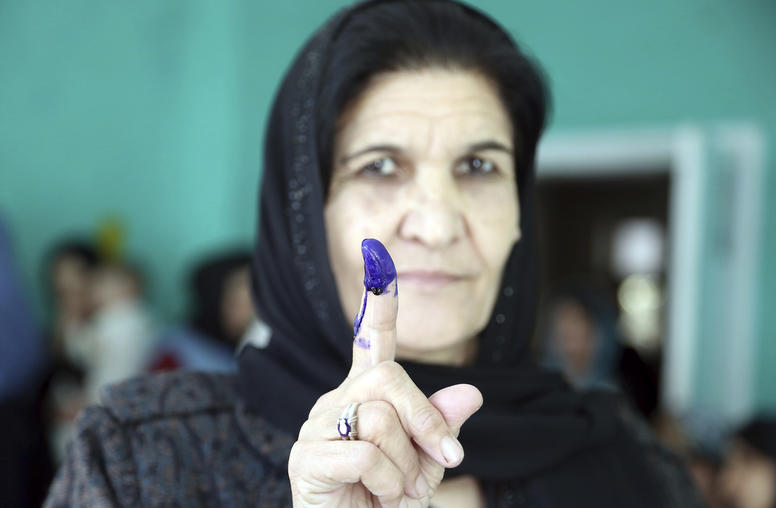Publications
Articles, publications, books, tools and multimedia features from the U.S. Institute of Peace provide the latest news, analysis, research findings, practitioner guides and reports, all related to the conflict zones and issues that are at the center of the Institute’s work to prevent and reduce violent conflict.

Managing the Secure Release of Sensitive Detainees in Libya
During the 2011 uprising that ousted dictator Muammar Gadhafi, revolutionary fighters in Libya rounded up large numbers of Gadhafi loyalists and detained them in prison facilities and makeshift detention centers around the country. The release of such high-profile detainees, either after they have been acquitted of crimes or served their sentences, is a sensitive political issue. This report examines the domestic and international laws and standards governing the secure release of these detainees and provides a number of policy ideas for addressing the shortcomings of Libya’s current release procedures.

Susan Stigant on Ethiopia’s Nobel Peace Prize Winner
Last week, Ethiopian Prime Minister Abiy Ahmed was awarded the Nobel Peace Prize for his diplomatic engagement with neighboring Eritrea and initiating a host of domestic reforms. USIP’s Susan Stigant explains how the award shines a light on his accomplishments and “sets an expectation that he will continue to provide that leadership going forward."

Mona Yacoubian on the Rapidly Evolving Situation in Syria
In the aftermath of U.S. troop withdrawal from northeast Syria, USIP’s Mona Yacoubian says “we’re seeing Russia come in and fill the vacuum,” which will have “long-term strategic implications” for stemming a possible reemergence of ISIS as well as U.S. influence in the region.

Sarhang Hamasaeed on Iraq, Syria and ISIS
Several major developments have rattled the region in recent weeks, including Iraq’s ongoing protests, the U.S. withdrawal from Syria and the death of ISIS leader al-Baghdadi. USIP’s Sarhang Hamasaeed says his death is a major blow to the terrorist group, but “the fact remains that … the enabling environment that gave rise to ISIS” is still present.

Nate Wilson on Libya’s Protracted Conflict
Factional violence and civil war have prevented Libya from transitioning to a secure, democratic government in the eight years since Qaddafi’s fall. But USIP’s Nathaniel Wilson says the path to peace still exists, and that “these kinds of generational revolutions take more time than that to play out.”

Understanding Russia’s Interest in Conflict Zones
Under Vladimir Putin, Russia’s global ambitions have steadily increased, including in unstable areas of the Middle East, Africa, and the Western Hemisphere. For the most part, Moscow’s activities in these and other areas run counter to Western interests and undermine efforts to mitigate conflict through broad-based, transparent processes. This report outlines the factors that appear to be motivating the Kremlin’s conflict-zone interventions and places them within the larger context of Russian foreign policy interests.

Legislature and Legislative Elections in Afghanistan: An Analysis
Afghanistan’s newest Wolesi Jirga—the lower house of the National Assembly—boasts a younger and more educated membership than those elected in either 2005 or 2010. Its representativeness, however, is uneven and problematic. This report offers a comparative profile of the Wolesi Jirgas elected in 2005, 2010, and 2018, highlighting issues salient to the reforms Afghanistan needs to undertake if it is to hold credible national elections that yield truly representative elected institutions.

Andrew Wilder on the Latest from Afghanistan
After decades of conflict, Afghanistan is closer to a political settlement than ever before. But with new reports of Russian bounties on U.S. soldiers, USIP’s Andrew Wilder says there’s concern the issue “distracts from the bigger-picture need for the U.S. to continue to support the peace process.”

Nancy Lindborg on the Women Building Peace Award Finalists
Women are often overlooked and underappreciated in peace processes. But USIP President and CEO Nancy Lindborg says the inaugural Women Building Peace Award will shine a light on women who have “dedicated their lives to doing the kind of work that reduces conflict and resolves violence, often in some of the toughest countries around the world.”

Brian Harding on U.S.-China Competition in Southeast Asia
As the United States and China focus more on Southeast Asia, USIP’s Brian Harding says the region’s 10 diverse nations have “become a pretty impressive bloc … [they] realize that U.S.-China competition is here to stay and they’re trying to do their best to navigate it and have agency of their own.”